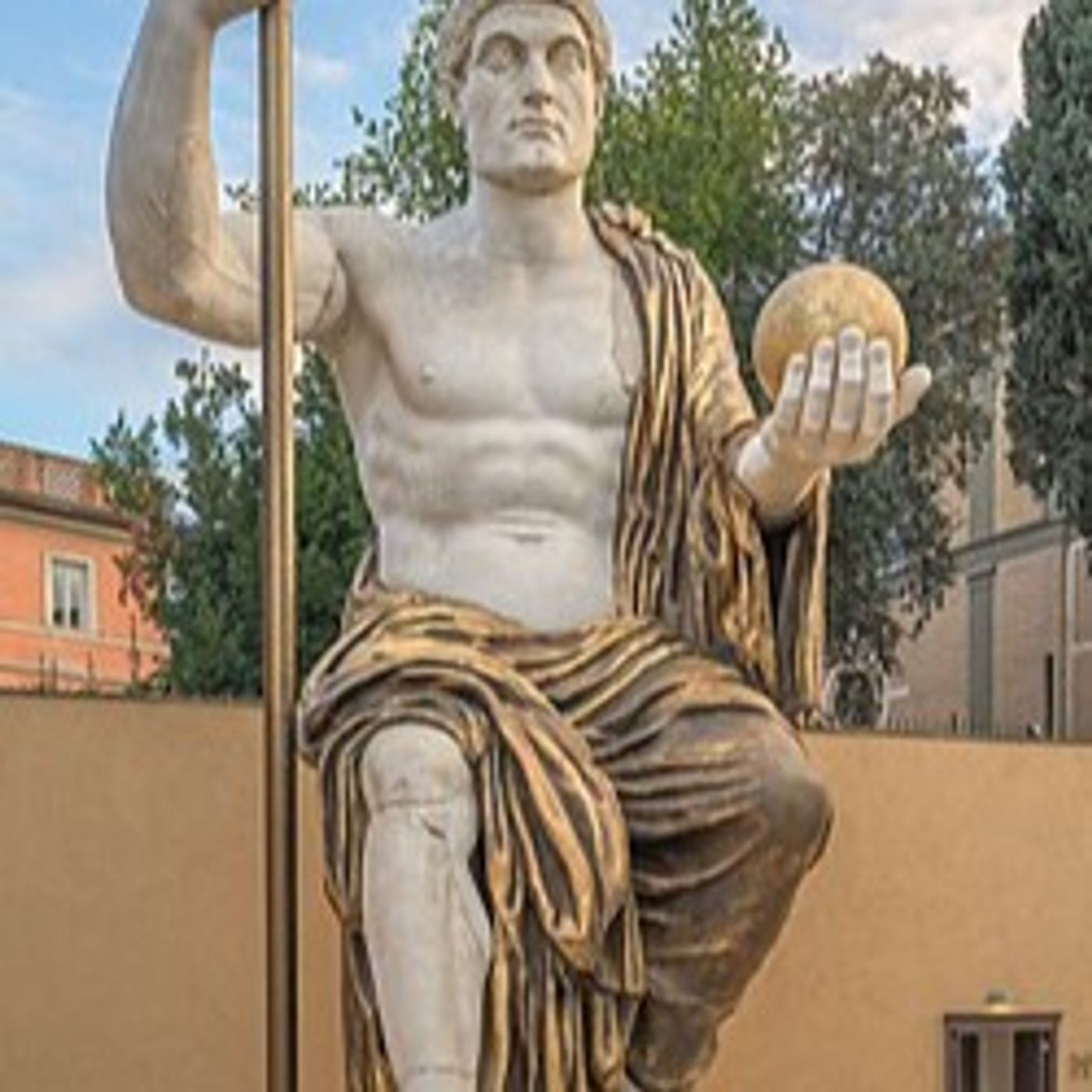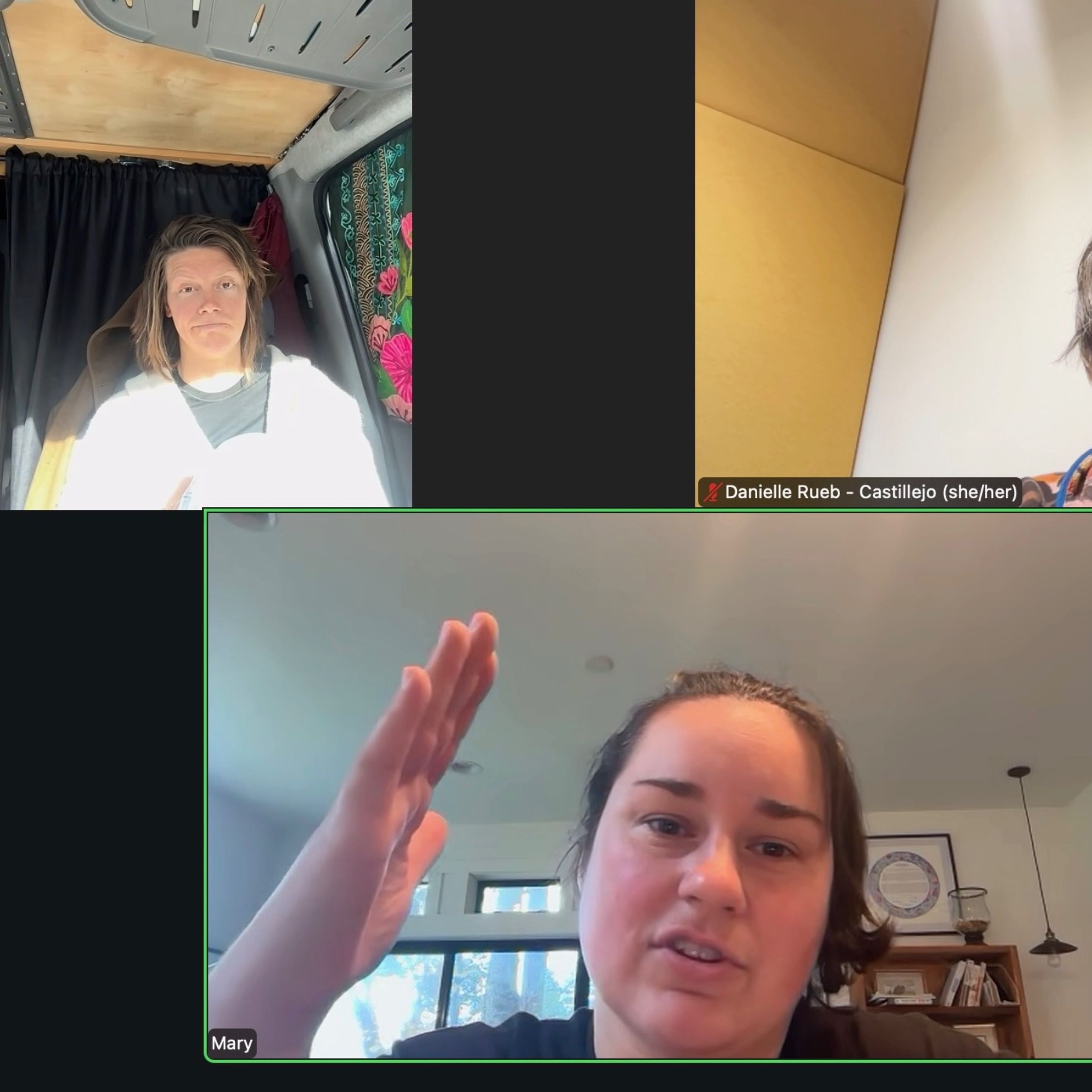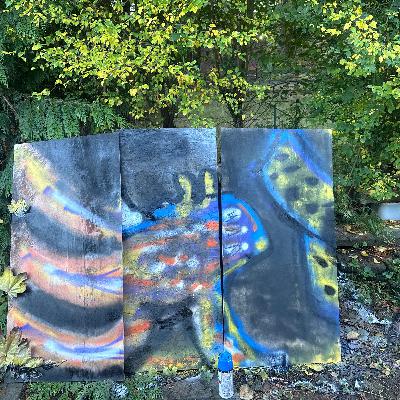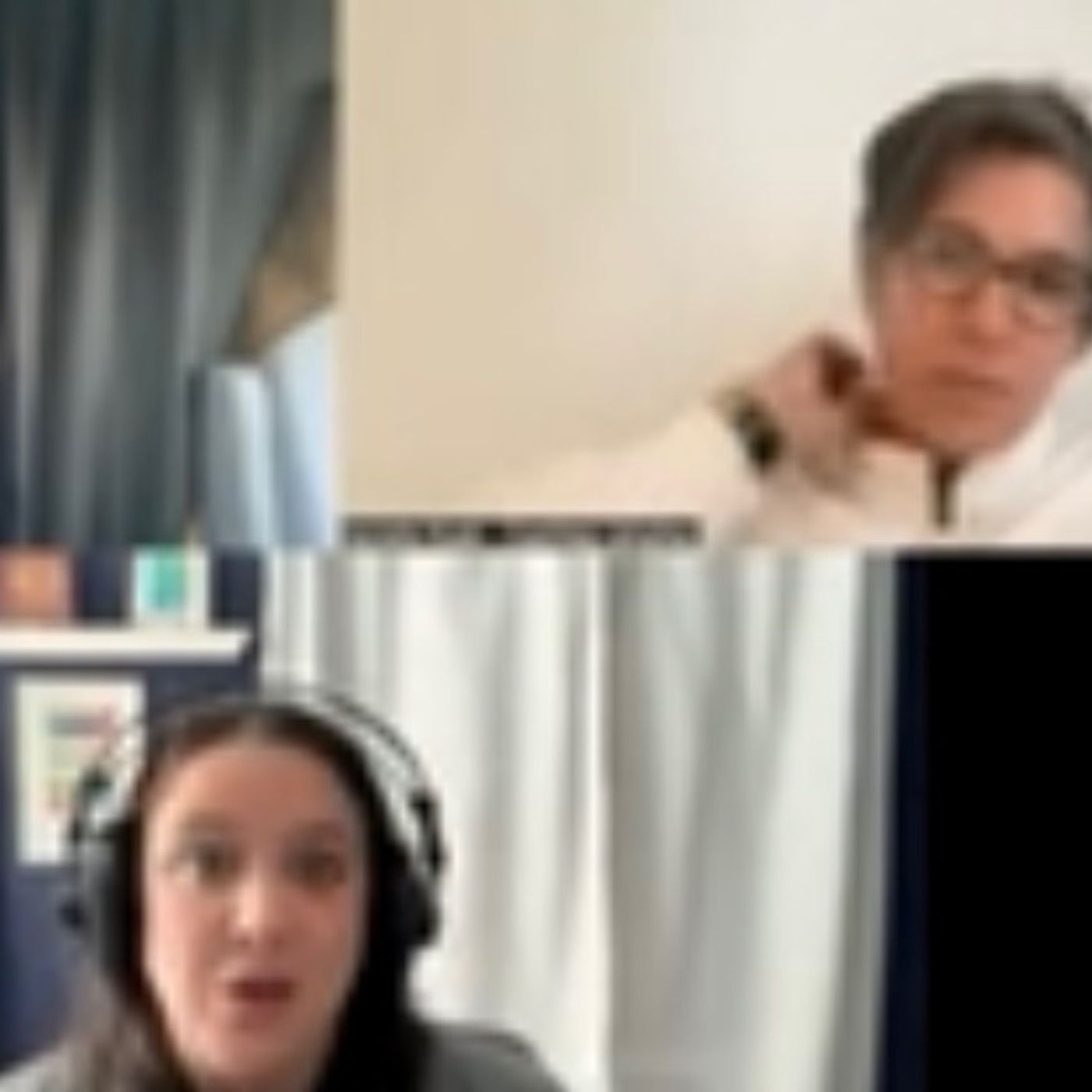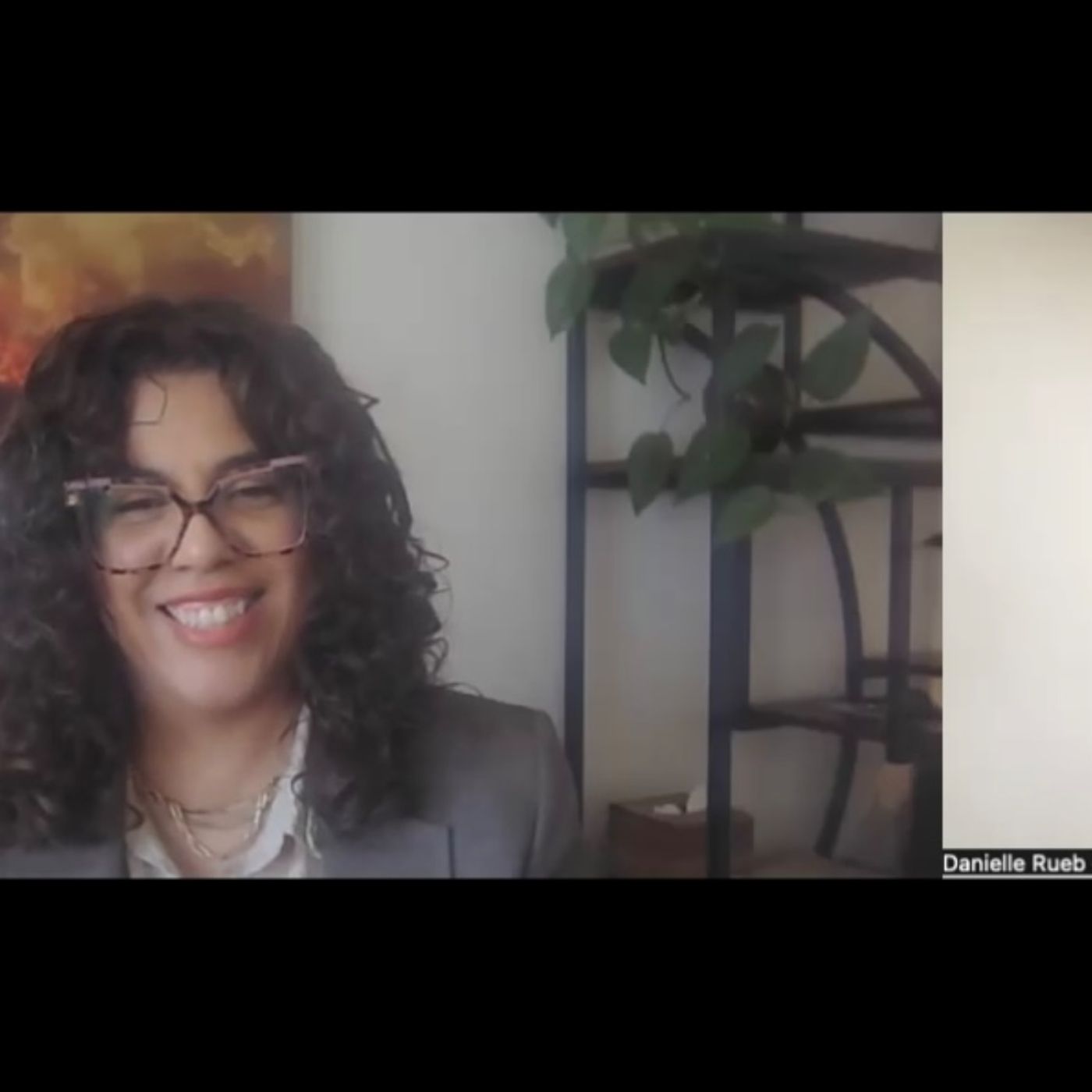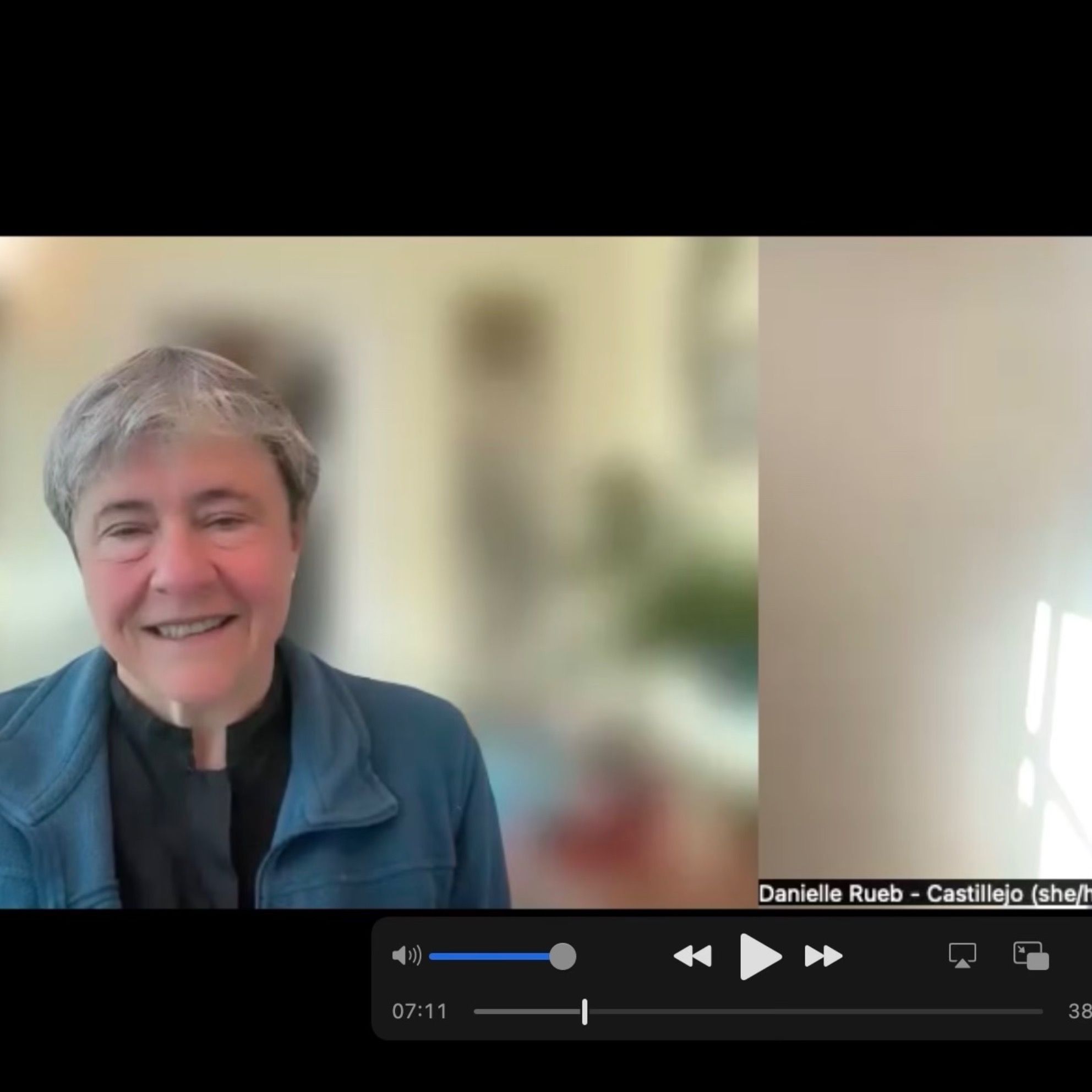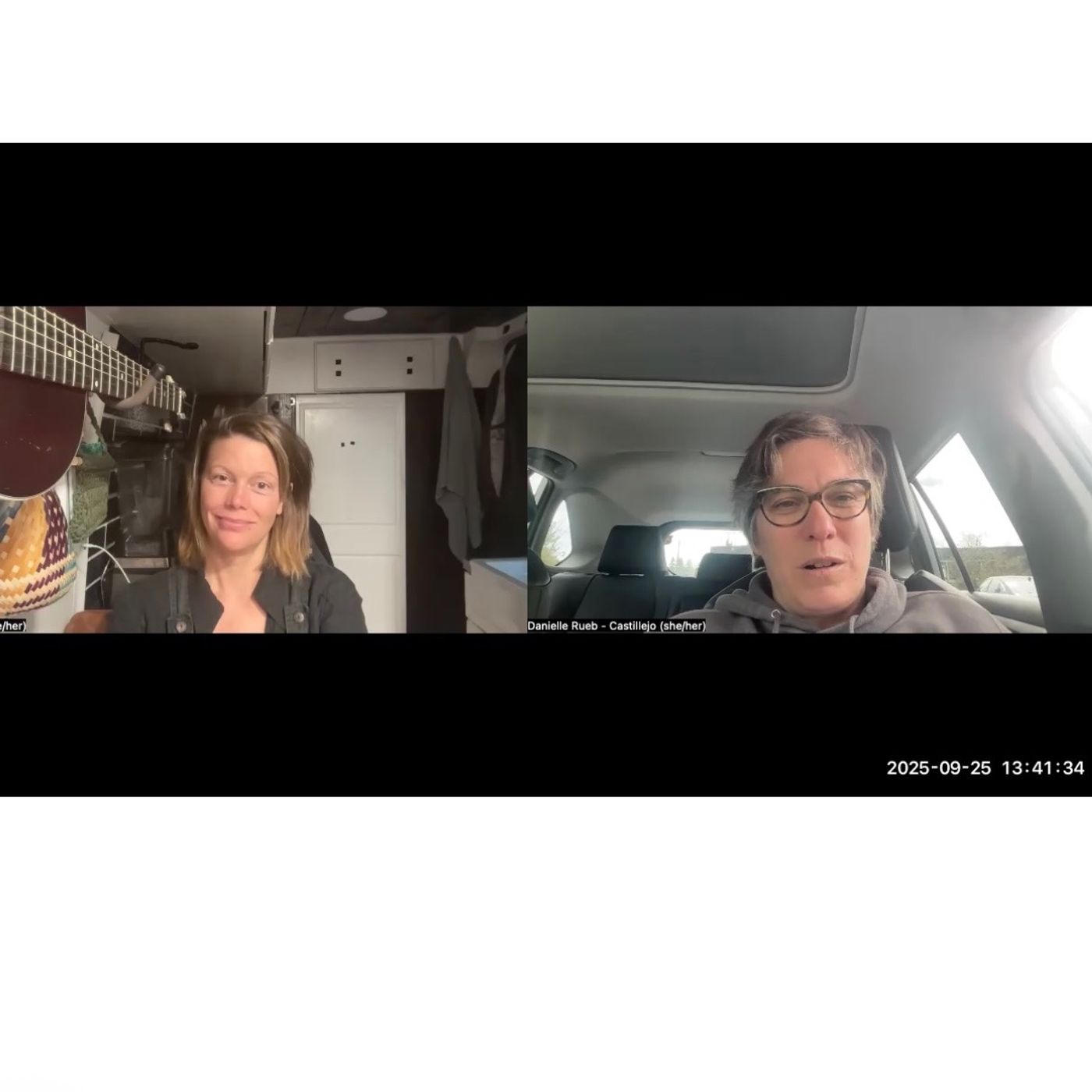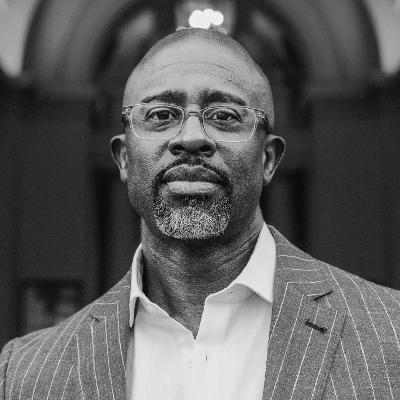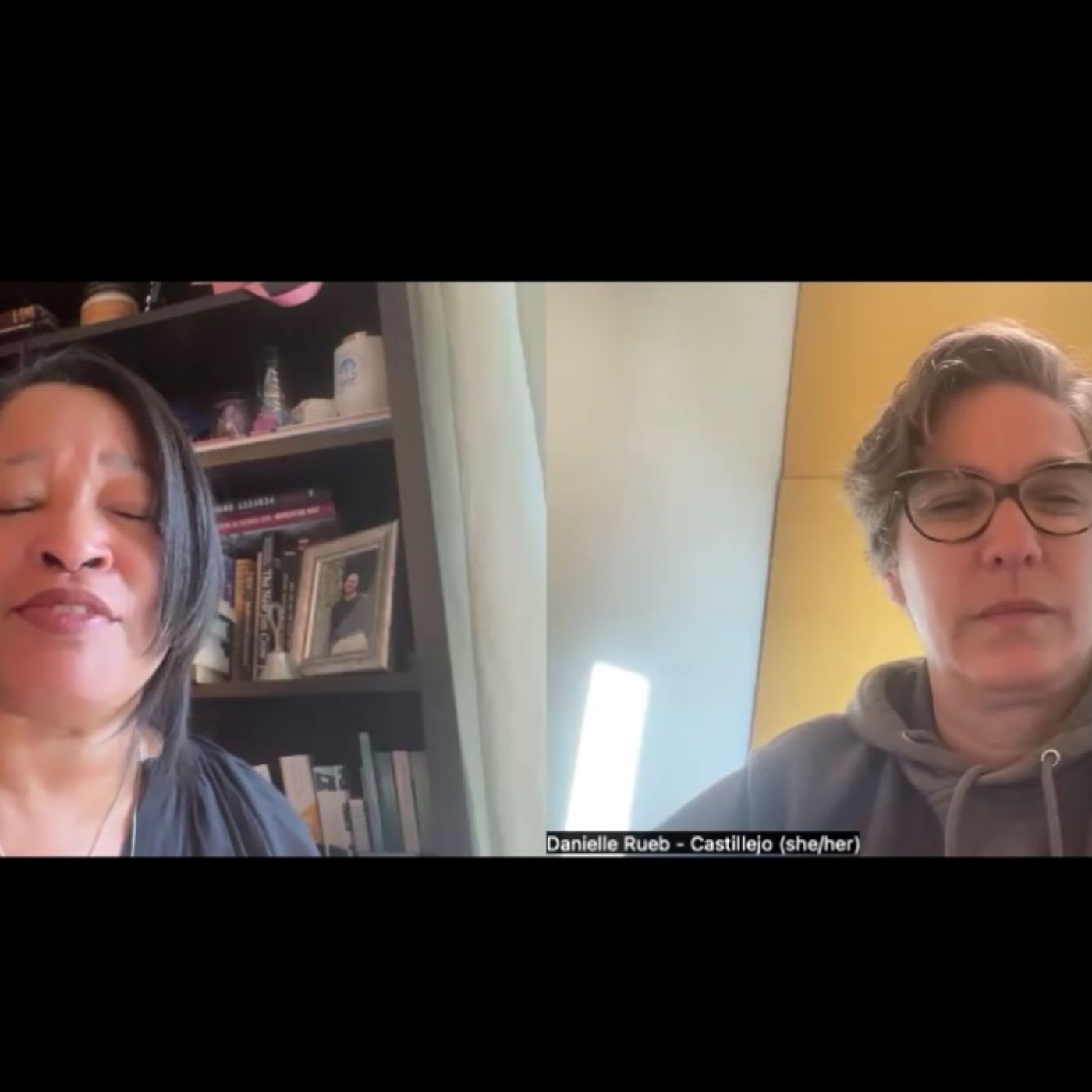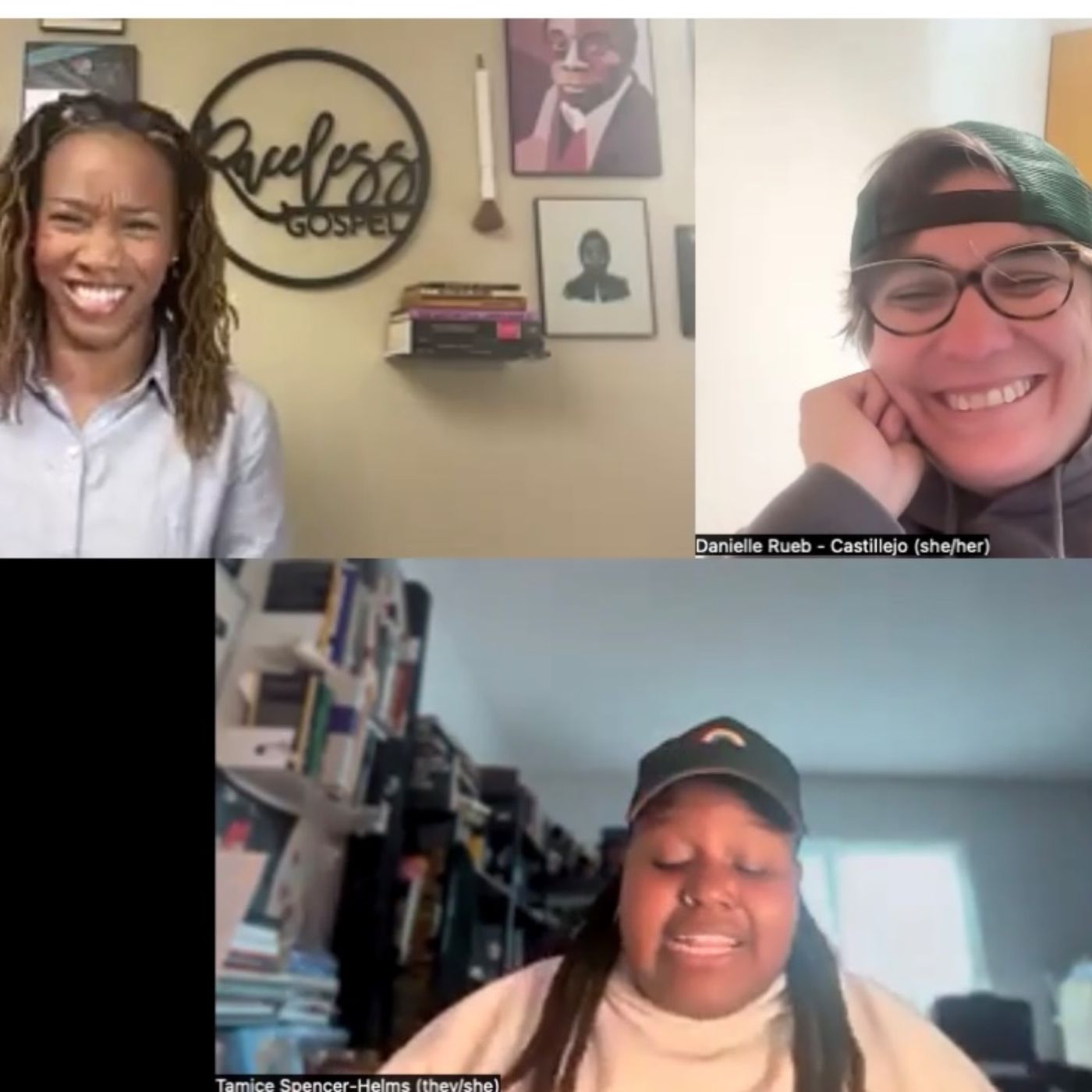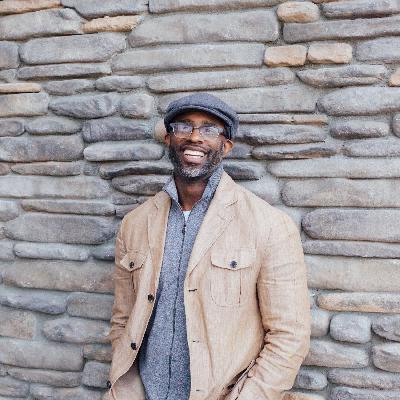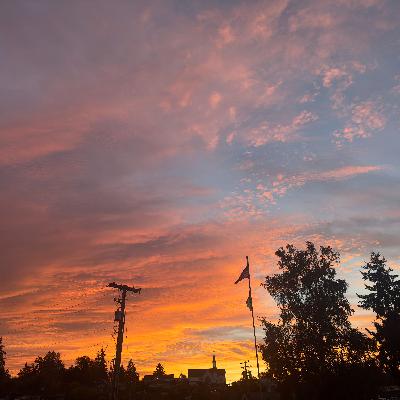Season 6, Episode 8: Jenny Mcgrath, Rev. Dr. Starlette Thomas and Danielle Castillejo speak about Christian Nationalism, Race, and History
Description
BIO:
The Reverend Dr. Starlette Thomas is a poet, practical theologian, and itinerant prophet for a coming undivided “kin-dom.” She is the director of The Raceless Gospel Initiative, named for her work and witness and an associate editor at Good Faith Media. Starlette regularly writes on the sociopolitical construct of race and its longstanding membership in the North American church. Her writings have been featured in Sojourners, Red Letter Christians, Free Black Thought, Word & Way, Plough, Baptist News Global and Nurturing Faith Journal among others. She is a frequent guest on podcasts and has her own. The Raceless Gospel podcast takes her listeners to a virtual church service where she and her guests tackle that taboo trinity— race, religion, and politics.
Starlette is also an activist who bears witness against police brutality and most recently the cultural erasure of the Black Lives Matter Plaza in Washington, D.C. It was erected in memory of the 2020 protests that brought the world together through this shared declaration of somebodiness after the gruesome murder of George Perry Floyd, Jr. Her act of resistance caught the attention of the Associated Press. An image of her reclaiming the rubble went viral and in May, she was featured in a CNN article.
Starlette has spoken before the World Council of Churches North America and the United Methodist Church’s Council of Bishops on the color- coded caste system of race and its abolition. She has also authored and presented papers to the members of the Baptist World Alliance in Zurich, Switzerland and Nassau, Bahamas to this end. She has cast a vision for the future of religion at the National Museum of African American History and Culture’s “Forward Conference: Religions Envisioning Change.” Her paper was titled “Press Forward: A Raceless Gospel for Ex- Colored People Who Have Lost Faith in White Supremacy.” She has lectured at The Queen’s Foundation in Birmingham, U.K. on a baptismal pedagogy for antiracist theological education, leadership and ministries.
Starlette’s research interests have been supported by the Louisville Institute and the Lilly Foundation. Examining the work of the Reverend Dr. Clarence Jordan, whose farm turned “demonstration plot” in Americus, Georgia refused to agree to the social arrangements of segregation because of his Christian convictions, Starlette now takes this dirt to the church. Her thesis is titled, “Afraid of Koinonia: How life on this farm reveals the fear of Christian community.” A full circle moment, she was recently invited to write the introduction to Jordan’s newest collection of writings, The Inconvenient Gospel: A Southern Prophet Tackles War, Wealth, Race and Religion.
Starlette is a member of the Christian Community Development Association, the Peace & Justice Studies Association, and the Koinonia Advisory Council. A womanist in ministry, she has served as a pastor as well as a denominational leader. An unrepentant academician and bibliophile, Starlette holds degrees from Buffalo State College, Colgate Rochester Crozer Divinity School and Wesley Theological Seminary. Last year, she was awarded an honorary doctorate in Sacred Theology for her work and witness as a public theologian from Wayland Baptist Theological Seminary. She is the author of
"Take Me to the Water": The Raceless Gospel as Baptismal Pedagogy for a Desegregated Church
and a contributing author of the book
Faith Forward: A Dialogue on Children, Youth & a New Kind of Christianity.
Jenny
I was just saying that I've been thinking a lot about the distinction between Christianity and Christian supremacy and Christian nationalism, and I have been researching Christian nationalism for probably about five or six years now. And one of my introductions to the concept of it was a book that's based on a documentary that's based on a book called Constantine Sword. And it talked about how prior to Constantine, Christians had the image of fish and life and fertility, and that is what they lived by. And then Constantine supposedly had this vision of a cross and it said, with this sign, you shall reign. And he married the church and the state. And ever since then, there's been this snowball effect of Christian empire through the Crusades, through manifest destiny, through all of these things that we're seeing play out in the United States now that aren't new. But I think there's something new about how it's playing out right now.
Danielle (02:15 ):
I was thinking about the doctrine of discovery and how that was the creation of that legal framework and ideology to justify the seizure of indigenous lands and the subjugation of indigenous peoples. And just how part of that doctrine you have to necessarily make the quote, humans that exist there, you have to make them vacant. Or even though they're a body, you have to see them as internally maybe empty or lacking or less. And that really becomes this frame. Well, a repeated frame.
Jenny (03:08 ):
Yep. Yeah. Yeah. And it feels like that's so much source to that when that dehumanization is ordained by God. If God is saying these people who we're not even going to look at as people, we're going to look at as objects, how do we get out of that?
Danielle (03:39 ):
I don't know. Well, definitely still in it. You can hear folks like Charlie Kirk talk about it and unabashedly, unashamedly turning point USA talk about doctrine of discovery brings me currently to these fishing boats that have been jetting around Venezuela. And regardless of what they're doing, the idea that you could just kill them regardless of international law, regardless of the United States law, which supposedly we have the right to a process, the right to due process, the right to show up in a court and we're presumed innocent. But this doctrine applies to people manifest destiny, this doctrine of discovery. It applies to others that we don't see as human and therefore can snuff out life. And I think now they're saying on that first boat, I think they've blown up four boats total. And on the first boat, one of the ladies is speaking out, saying they were out fishing and the size of the boat. I think that's where you get into reality. The size of the boat doesn't indicate a large drug seizure anyway. It's outside reality. And again, what do you do if they're smuggling humans? Did you just destroy all that human life? Or maybe they're just fishing. So I guess that doctrine and that destiny, it covers all of these immoral acts, it kind of washes them clean. And I guess that talking about Constantine, it feels like the empire needed a way to do that, to absolve themselves.
Danielle (05:40 ):
I know it gives me both comfort and makes me feel depressed when I think about people in 300 ad being, they're freaking throwing people into the lion's den again and people are cheering. And I have to believe that there were humans at that time that saw the barbarism for what it was. And that gives me hope that there have always been a few people in a system of tyranny and oppression that are like, what the heck is going on? And it makes me feel like, ugh. When does that get to be more than just the few people in a society kind of society? Or what does a society need to not need such violence? Because I think it's so baked in now to these white and Christian supremacy, and I don't know, in my mind, I don't think I can separate white supremacy from Christian supremacy because even before White was used as a legal term to own people and be able to vote, the legal term was Christian. And then when enslaved folks started converting to Christianity, they pivoted and said, well, no, not all Christians. It has to be white Christians. And so I think white supremacy was birthed out of a long history of Christian supremacy.
Danielle (07:21 ):
Yeah, it's weird. I remember growing up, and maybe you had this experience too, I remember when Schindler's List hit the theaters and you were probably too young, but Schindler's listed the theaters, and I remember sitting in a living room and having to convince my parents of why I wanted to see it. And I think I was 16, I don't remember. I was young and it was rated R and of course that was against our values to see rated R movies. But I really wanted to see this movie. And I talked and talked and talked and got to see this movie if anybody's watched Schindler's List, it's a story of a man who is out to make money, sees this opportunity to get free labor basically as part of the Nazi regime. And so he starts making trades to access free labor, meanwhile, still has women, enjoys a fine life, goes to church, has a pseudo faith, and as time goes along, I'm shortening the story, but he gets this accountant who he discovers he loves because his accountant makes him rich. He makes him ri

